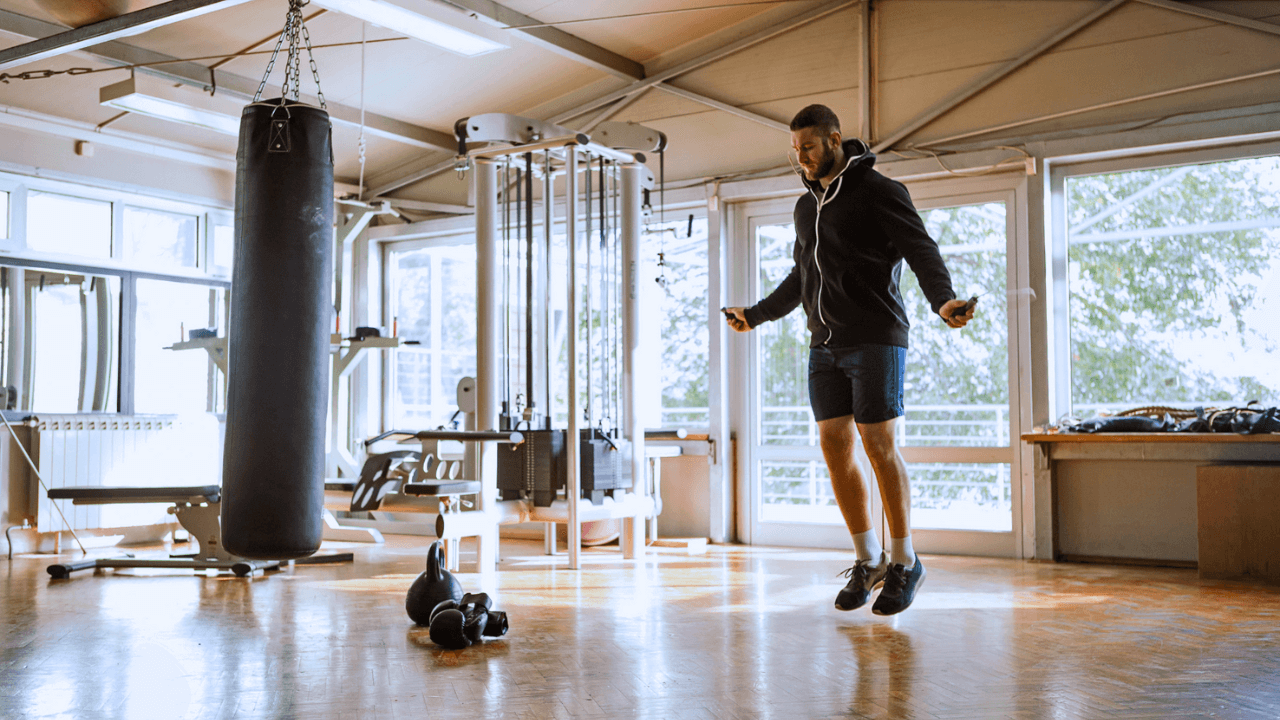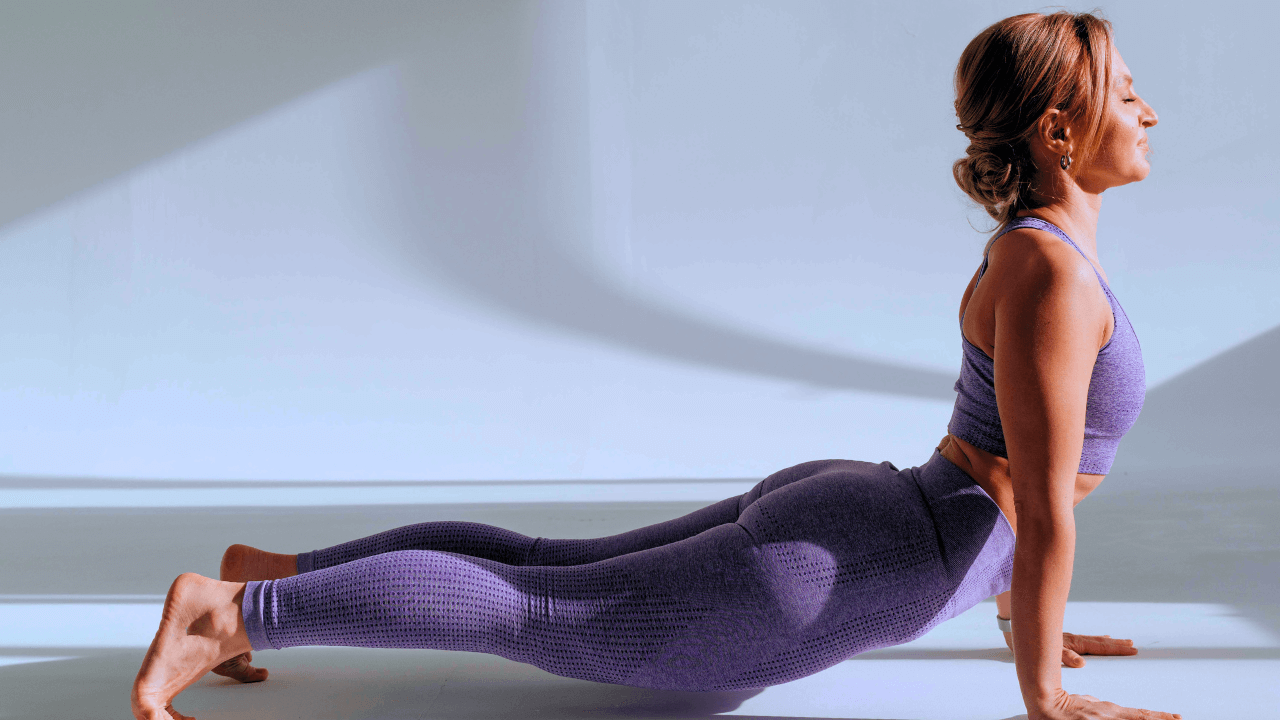Kinesiologists are skilled in human movement and are committed to learning about the operation and performance of human bodies. They disentangle the mysteries of motion by studying physiology, anatomy, biomechanics, and neurology. Kinesiologists help people recover from accidents or work with athletes to enhance health for general well-being. With this understanding, they create exercise regimens, examine mobility, and use therapy to improve wellbeing.
What is kinesiology in precise terms?
Doctors in kinesiology investigate the various aspects of human movement, including biomechanics, physiology, and motor abilities. They make use of this information to improve athletic performance, stave off injuries, and facilitate recovery.
Think about people to be experts in movement, examining anything from complex coordination to muscular spasms. Their research encompasses a variety of disciplines, including office ergonomics, rehabilitative therapy, & sports performance enhancement.
By comprehending the principles behind the movement, kinesiologists assist people in enhancing their general health and welfare. It’s similar to having a specialized movement coach that helps you improve your strength, function, and mobility.
How can one benefit from kinesiology?
People who want to take advantage of kinesiology can speak with athletes, who are specialists in several facets of human movement.
Here are a few ways that people can profit:
Performance Enhancement: By creating specialized training plans that emphasize increasing strength, agility, & endurance, kinesiologists help athletes maximize their athletic abilities.
Injury Prevention: Kinesiologists can lower the chance of injuries after engaging in physical activity & sports by investigating movement patterns or treating muscle imbalances.
Therapy: Kinesiologists design specialized exercise programs to help patients regain function and mobility after accidents, surgeries, or chronic diseases.
Pain management: Through targeted exercise programs and movement therapy, athletes help individuals control chronic pain problems by enhancing their strength, mobility, & posture.
Workplace Ergonomics: Kinesiologists assess work settings & suggest ergonomic changes that encourage better motion patterns, which reduces the likelihood of injuries to the muscles and tendons.
Health Promotion: Kinesiologists advise on how to include exercise in everyday activities to enhance general health and well-being. They also advise ideas for leading an active lifestyle.
People can improve their overall quality of life, optimize their movement patterns, and increase their physical performance by working with kinesiologists who provide individualized assistance and direction.
Selecting one Kinesiology Professional
Choosing a kinesiology practitioner, then, is essentially selecting a specialist in the mechanics and movement of the human body. People, also known as kinesiologists, function akin to detectives for your joints and muscles. If you’re an athlete or just want to move more comfortably, they examine how your body moves and works.
Related post: Concentra Urgent Care: Your Health Priority
Keep in mind them as your body’s mechanics. They find issues and help you get back on track when you feel out of sync. They evaluate and enhance your movement patterns using a variety of manual approaches, exercises, and occasionally even technology.
It is now important that you discover the best kinesiologist for you. You want someone competent, experienced, and, most of all, someone you can relax with. Thus, do not hesitate to inquire, review their references, and perhaps even have a conversation with a few of their past customers.
Dealing with a knowledgeable kinesiologist will help you address the underlying cause of your movement problems rather than merely treating the symptoms. That long-lasting gains in general health and well-being can result from it.
Is kinesiology helpful for long-term pain?
Kinesiologists are quite beneficial in managing pain over the long term. Doctors with extensive training in anatomy and physiology are skilled at identifying the reasons for pain.
Improving body mechanics helps manage persistent discomfort better in the long run, rather than just treating symptoms. This is the role of kinesiologists. They use various methods like rehab, exercises, and movement retraining to treat underlying problems causing pain.
Besides, with a kinesiologist, you may create a personalized rehabilitation strategy that addresses your unique requirements and objectives. Kinesiologists provide step-by-step assistance with chronic disease, injury rehabilitation, and everyday pain.
It’s critical to keep in mind that controlling chronic pain involves more than simply following your kinesiologist’s advice; it also entails living your life as prescribed. This might include modifying your workstation to be more ergonomic, introducing targeted workouts at home, or forming better movement habits.
Long-term, kinesiologists empower you to manage pain and improve your quality of life by participating in health.
Do doctors hold kinesiology licenses?
There is frequently considerable misunderstanding regarding the criteria for practicing kinesiology, including who is eligible to do so. Is a doctor licensed to practice fitness? is a frequently asked question.
Allow us to dissect it:
Kinesiologists: Fitness professionals, who investigate how movement impacts quality of life, typically earn college degrees in athletics or related fields, often followed by certifications from established associations like the National Strength and Conditioning Association (NSCA) or the American College of Sports Medicine (ACSM).
Physicians: Though healthcare providers are well-versed in anatomy and physiology, their specialization is more in identifying and curing medical issues than in kinesiology. Although some physicians might have further education or
Dentists: Using physical adjustments and manipulations, dentists specialize in the diagnosis and treatment of musculoskeletal diseases. Although certain areas of their profession are similar to kinesiology, chiropractors usually have different licensure requirements from kinesiologists.
Physical Therapists: Specialists in rehab & motion sciences are physical therapy professionals. They assist clients with alleviating pain and improving mobility, including injury prevention or healing. Individuals are not subject to the same rules and licensure as kinesiologists, even if they may have considerable expertise in the field.
Read more: The Importance of Health and Fitness
Though physicians are familiar with the basic principles of kinesiology, kinesiologists are professionally trained and certified in the study of human movement as well as physical science.
Systems employed in kinesiology
Kinesiology uses a variety of methods to comprehend and regulate the human body’s mechanics and motion. These systems measure, examine, and enhance general health and physical performance.
Biomechanical Systems: Kinesiologists study biological mechanics, which involves dealing with movement mechanics, including motion, force, and torque. Motion analysis software and force plates are some of the musical instruments they use to investigate how the body moves during different physical activities including weightlifting, jogging, and walking. Kinesiologists can identify unproductive or injury-prone regions and create plans to improve motion patterns by studying biomechanics.
Musculoskeletal Systems: Studying the muscles and joints, consisting is made bones, muscles, ligaments, & ligaments, is a further significant aspect of kinesiology. To find abnormalities or deficiencies that could be causing pain or disorder, athletes evaluate muscular strength, flexibility, and equilibrium. To treat such ailments and enhance general skeletal wellness, they then create customized workout regimens.
Neurological Systems: The study of the nervous system and how it governs movement is included in kinesiology. Kinesiologists study motor control, coordination, and proprioception, or the knowledge of one’s body location, to learn about how the nervous system and brain affect movement. To maximize mobility and function, they can use this information to design therapies for diseases including traumatic brain injury, Parkinson’s disease, and stroke.
Physical Activity Physiology: Kinesiologists must comprehend when the body reacts to physical activity. By applying principles of exercise physiology, they create individualized training regimens that meet each person’s needs and goals while guaranteeing effectiveness and safety. Assessing muscular endurance, metabolic rate, or cardiovascular condition may be necessary to recommend the right amount of time and intensity of exercise.
Kinesiologists may offer comprehensive treatment to increase sports performance, avoid injuries, improve movement quality, and promote general well-being by integrating these diverse systems.
FinalThought:
Kinesiologists are movement architects, creating individualized routes to improved performance and wellness. Their knowledge is multifaceted, ranging from pain management & rehabilitation to sports enhancement. By providing individualized therapies and thorough analysis, they enable people to move with effectiveness, strength, and confidence. Kinesiologists advocate for mobility in a world where movement is essential to our health, guiding us toward a future where each step we take brims with energy and purpose.




